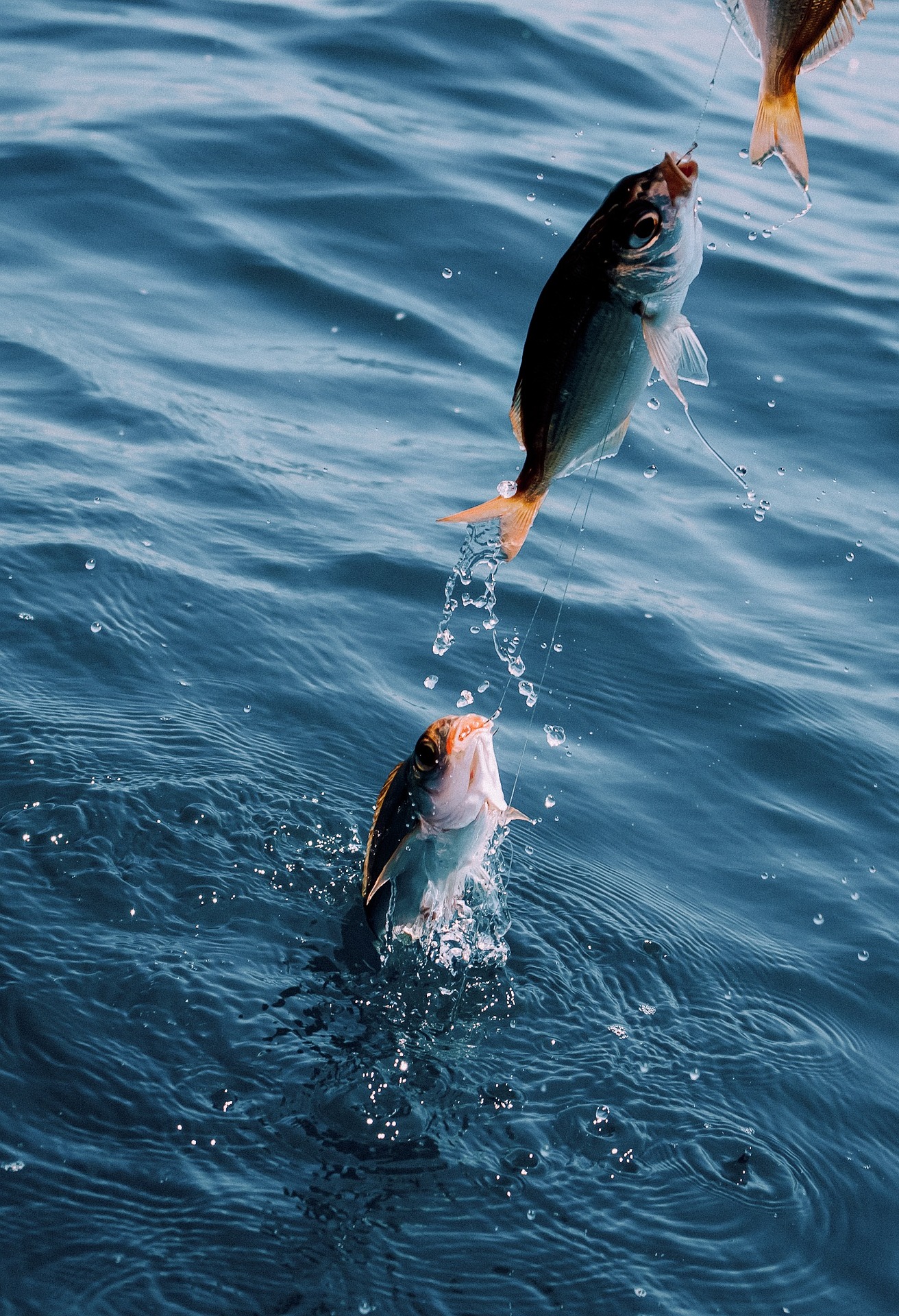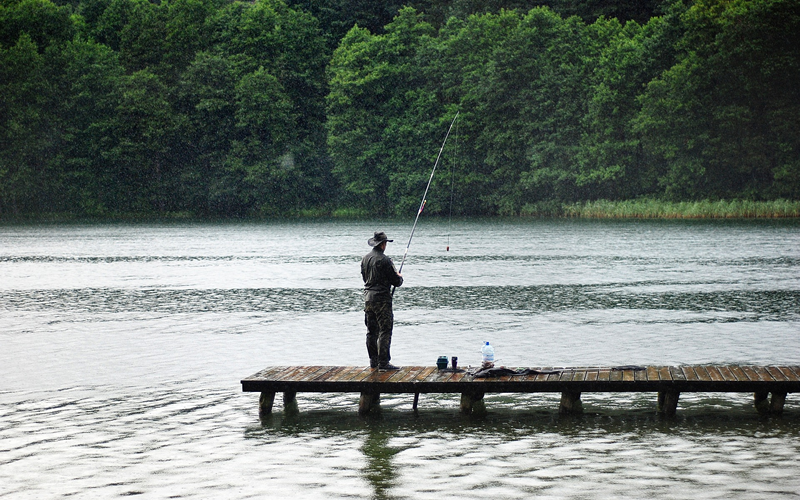Tuckasegee River
The Tuckasegee River in North Carolina, with its abundant and diverse fish population, is a prime destination for trout fishing. Renowned for its fly fishing opportunities, the river offers excellent catches of rainbow, brown, and brook trout in a picturesque setting, making it a favorite among both novice and experienced anglers./p>

Introduction to the Tuckasegee River
The Tuckasegee River, flowing through the heart of the Western North Carolina mountains, is a revered destination for anglers, particularly for those pursuing trout. Known for its accessibility, scenic beauty, and abundant fish populations, the river stretches through multiple counties, offering diverse fishing environments.
Did You Fish? The Tuckasegee River, NC
Geographical Features and Habitat
The Tuckasegee, often affectionately called the “Tuck,” winds through a landscape of rolling hills and lush forests. The river’s course, which includes both slow-moving sections and faster riffles, provides an ideal habitat for trout. Its lower section benefits from the releases of cold water from deep within Lake Glenville, creating a robust trout fishery.
Fish Species in the Tuckasegee River
The river is predominantly known for its trout fishing, with substantial populations of rainbow, brown, and native brook trout. The North Carolina Wildlife Resources Commission regularly stocks the river, enhancing its reputation as a premier trout fishing destination. In addition to trout, the river is home to smallmouth bass, particularly in its lower stretches.
Fishing Techniques and Strategies
Fly fishing is the most popular method on the Tuckasegee, with anglers employing a variety of techniques. Dry fly fishing is effective during hatch periods, while nymphing and streamer fishing yield results throughout the year. Traditional spinning tackle and bait fishing are also successful, especially for those targeting smallmouth bass.
Seasonal Fishing Patterns
The Tuckasegee River’s fishing experience is heavily influenced by the seasons. Spring and fall are peak trout fishing seasons, with significant hatches and active fish. Summer offers good fishing, especially in the early morning and late evening. Winter fishing can be challenging but rewarding, with fewer anglers and still-active trout.
Access and Regulations
The river is easily accessible, with several public access points providing entry for wading and launching small boats. Special regulations apply in the Delayed Harvest sections, where catch and release with artificial lures is enforced during certain months to promote sustainable fishing.
Fishing Tournaments and Community Events
The Tuckasegee hosts various community events and fishing tournaments, which often focus on fly fishing. These events foster a sense of community among anglers and promote conservation efforts.
Conservation and Ecological Significance
Conservation is vital to maintaining the health of the Tuckasegee River’s ecosystem. Local and national organizations focus on habitat preservation, water quality, and sustainable fishing practices to protect the river and its fish populations.
Family and Recreational Fishing
The river is an ideal spot for families and recreational anglers. Its accessibility and the variety of fish make it suitable for all skill levels. The beautiful natural environment of the river valley provides a serene backdrop for a day of fishing.
Wildlife and Natural Beauty
In addition to fishing, the area around the Tuckasegee River is rich in wildlife and offers a variety of outdoor activities. The surrounding mountains and forests provide opportunities for hiking, camping, and wildlife watching, enhancing the overall outdoor experience.
Local Economy and Fishing Industry
The fishing industry significantly impacts the local economy around the Tuckasegee River. Bait and tackle shops, guide services, and outdoor outfitters cater to anglers’ needs, contributing to the region’s economic development and tourism.
Challenges and Considerations
Anglers at the Tuckasegee River face challenges such as fluctuating water levels, especially due to dam releases, and varying weather conditions. Environmental stewardship is crucial, with anglers encouraged to practice catch-and-release and respect the river’s natural habitat.
Conclusion
The Tuckasegee River in North Carolina stands out as a top fishing destination, offering a mix of abundant trout populations, scenic beauty, and a welcoming fishing community. Whether seeking the excitement of catching a trophy trout, the challenge of mastering fly fishing
Subscribe for Our Newsletter



